Barbara Ungar’s prior book, Save Our Ship, won the Snyder Publication Prize from Ashland Poetry Press and a Franklin Award from the Independent Book Publishers Association, and was a Distinguished Favorite at the Independent Press Awards. Earlier books include Charlotte Brontë, You Ruined My Life and Immortal Medusa, both Hilary Tham Capital Collection selections from The Word Works, and The Origin of the Milky Way, which won the Gival Prize and an Eric Hoffer Award. Her work has been translated into Italian, Spanish, Portuguese, and Bulgarian. She lives in Saratoga Springs, New York.
Praise for After Naming the Animals
This is easily the best book yet from a poet already known for her unique blend of precise lyrical craft and somersaulting wit, brimming end-to-end with observations that slice through our complacency like a scalpel made of obsidian. But there’s also a wild kindness to these poems, a fierceness born from heartbreak and the realization that, yes, the same soil that gives us flowers is also filled with bones, hard and brittle in the dark. —Michael Meyerhofer, author of Ragged Eden
“We have paved the Earth with chicken bones,” Barbara Ungar mourns in her breathtaking new collection. In a masterful web of dread, humor, tenderness, brutal honesty, and exquisite lyricism, After Naming the Animals scrutinizes our human-made-apocalyptic world: “Half Earth’s creatures / have vanished…while we’ve redoubled.” Ungar’s vision is broad and multifaceted—Eve returned as wanderer lamenting our fallen planet, yet there is hope in the power of what “the tongue loves.” The self remakes, shifts, travels outward, backward, and within, carrying new knowledge in the language. Ungar provides the nourishment of becoming “your own neighborhood myth” while reconfiguring a relationship with the garden, a reckoning with our biblical, familial, and historical pasts, or as she puts it: “where on Earth is not ploughed with someone else’s bones?” There is both beauty and necessity in retelling stories even in the face of “drawing evil.” To name is also to plant a seed in “fertile ground in which to grow. / On the very last day, amidst the flames.” —Carlie Hoffman, author of When There Was Light


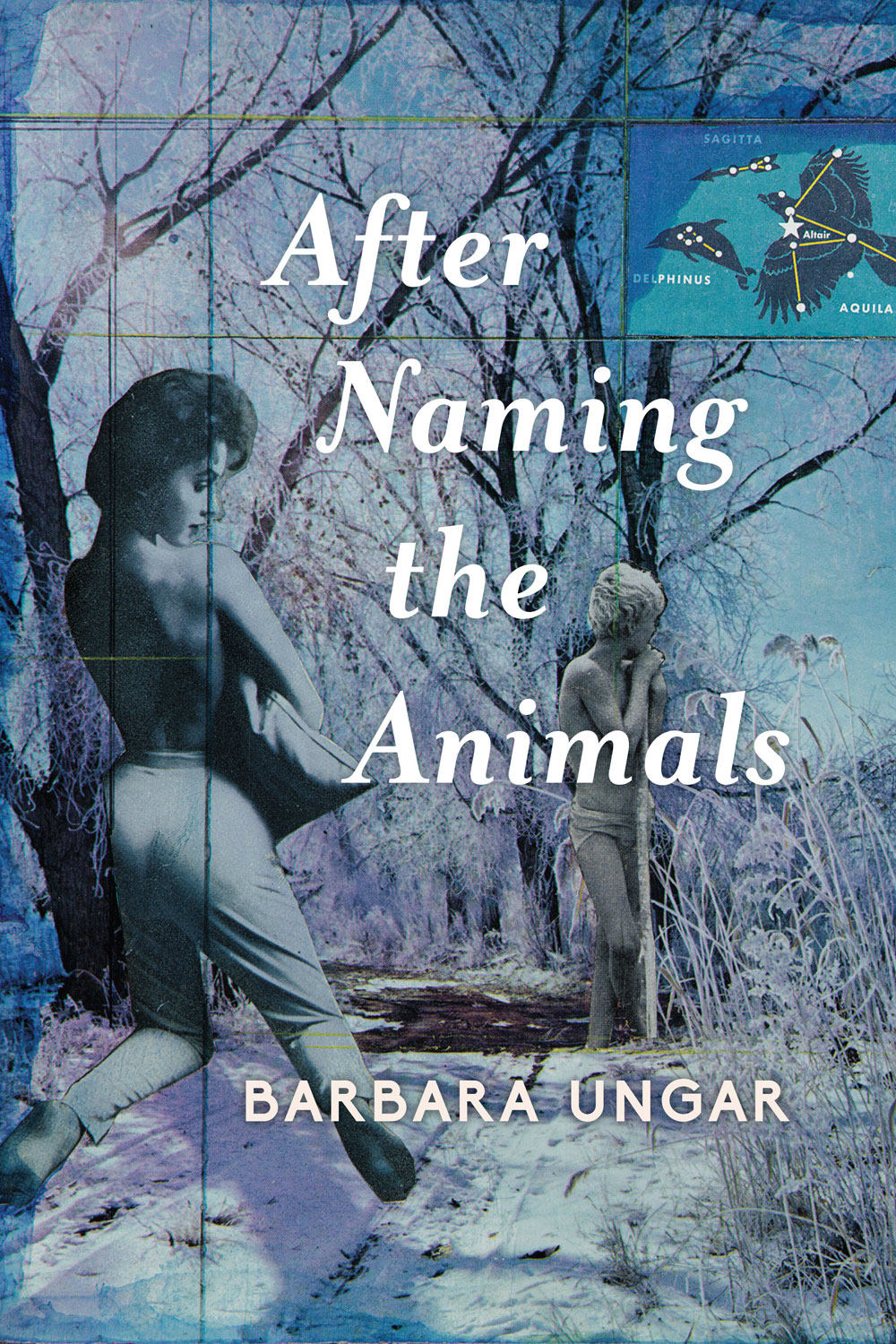
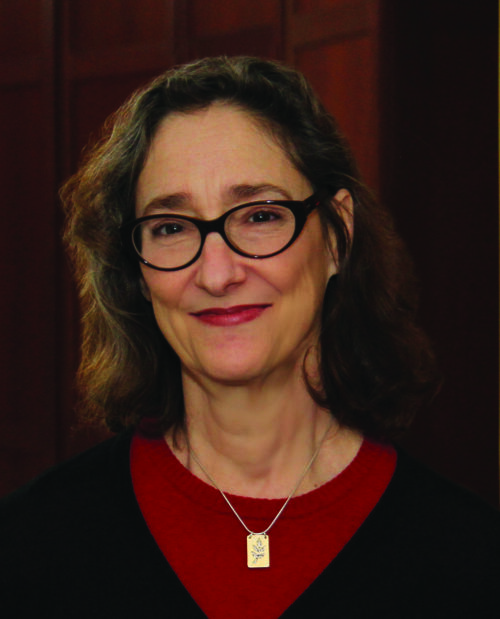
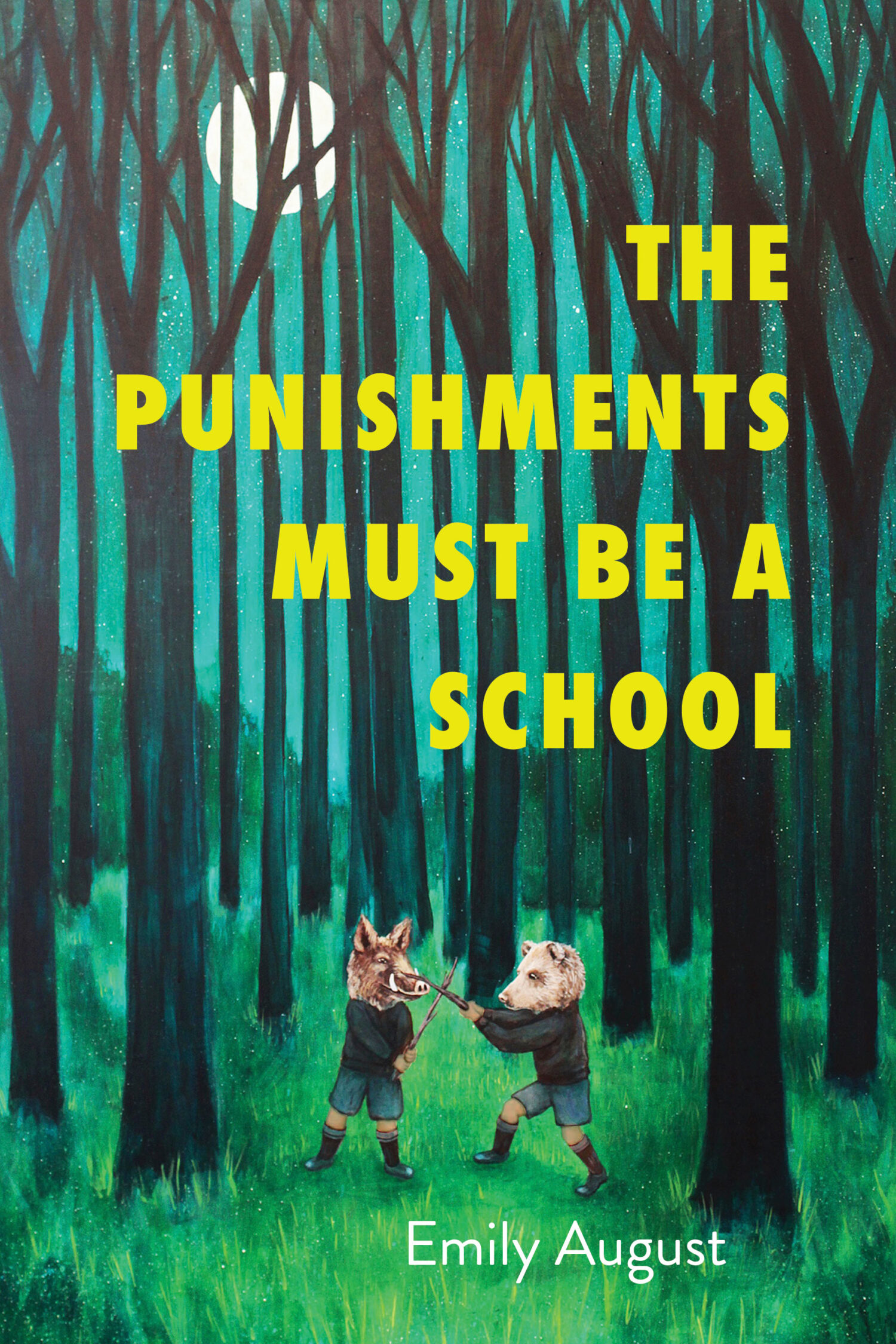
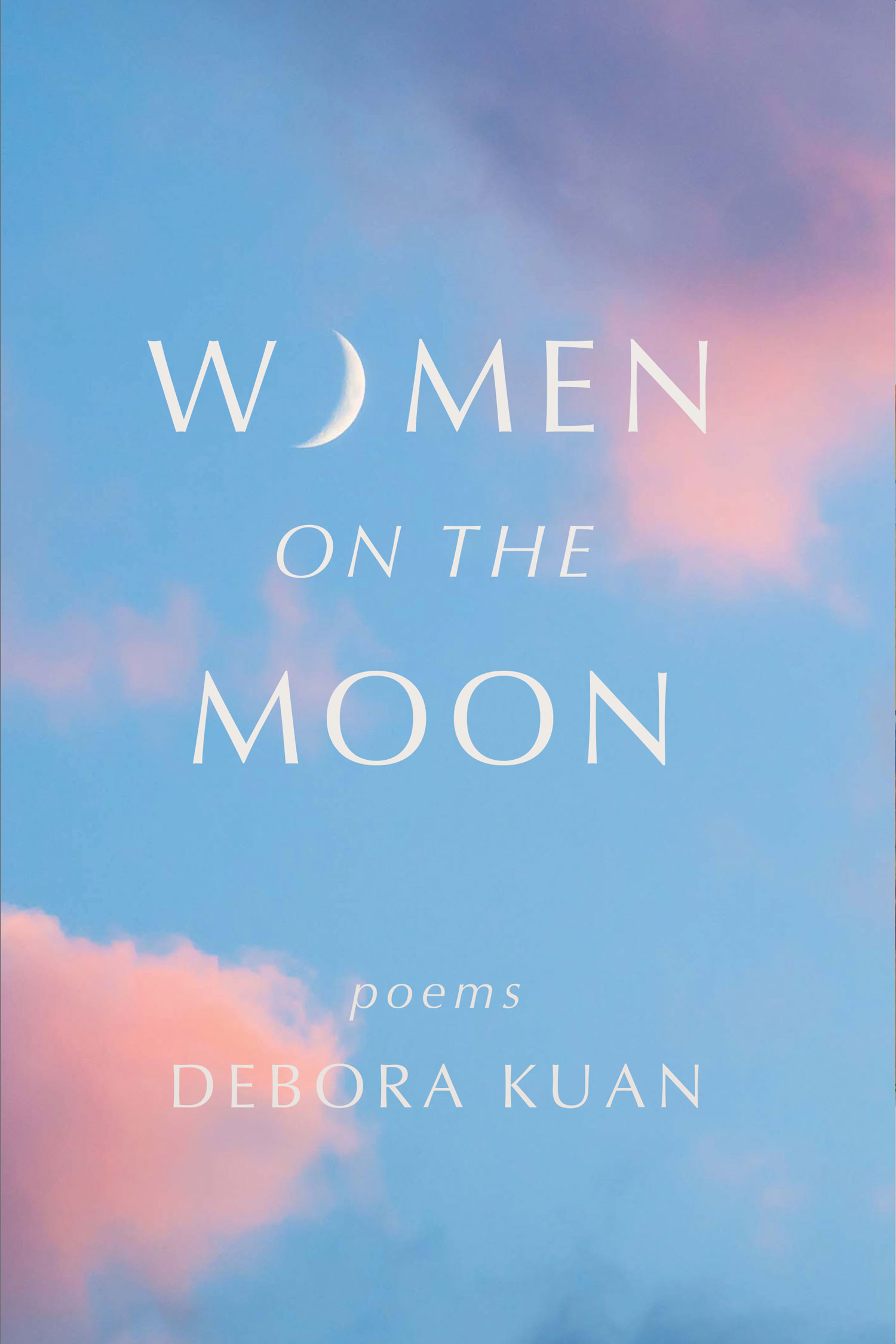
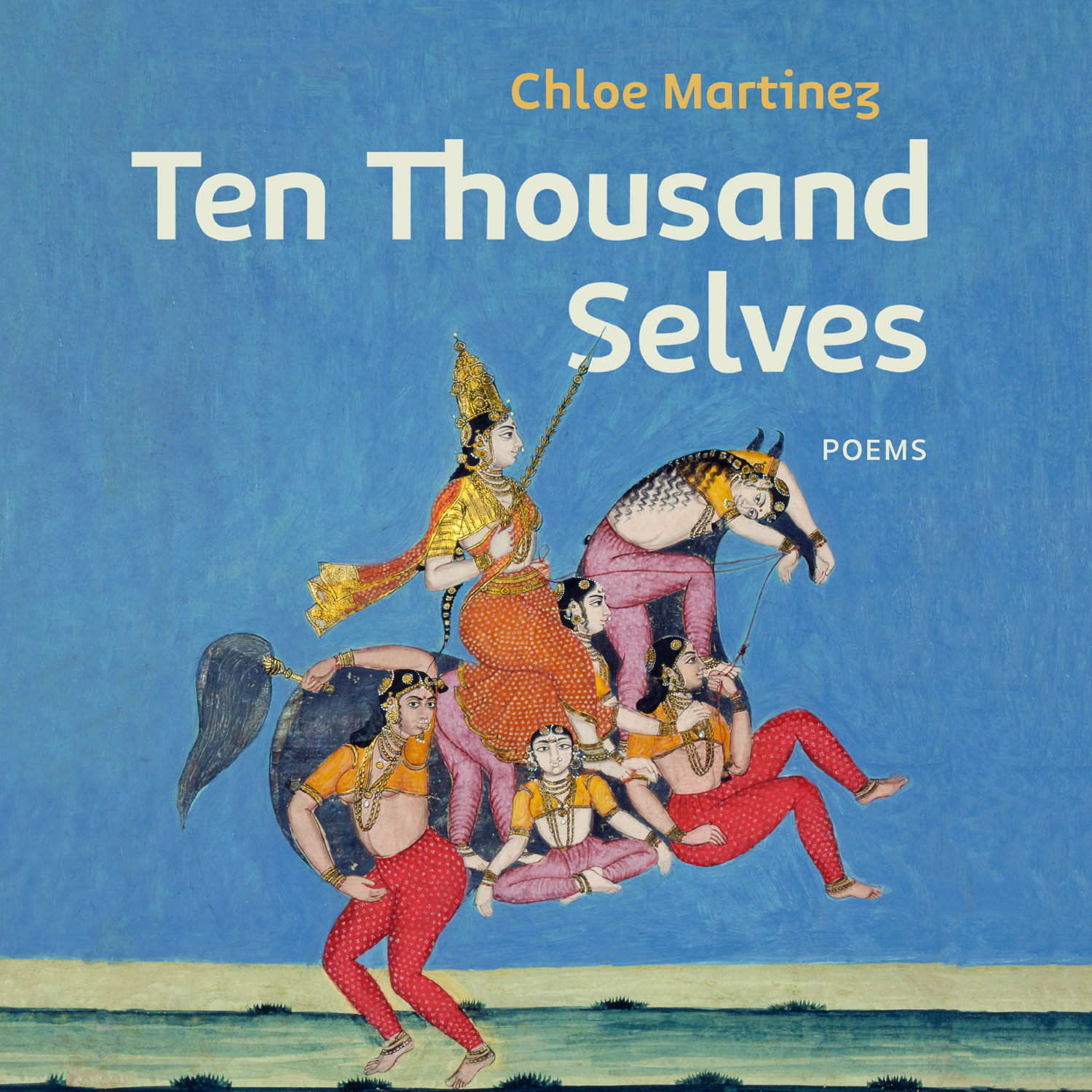
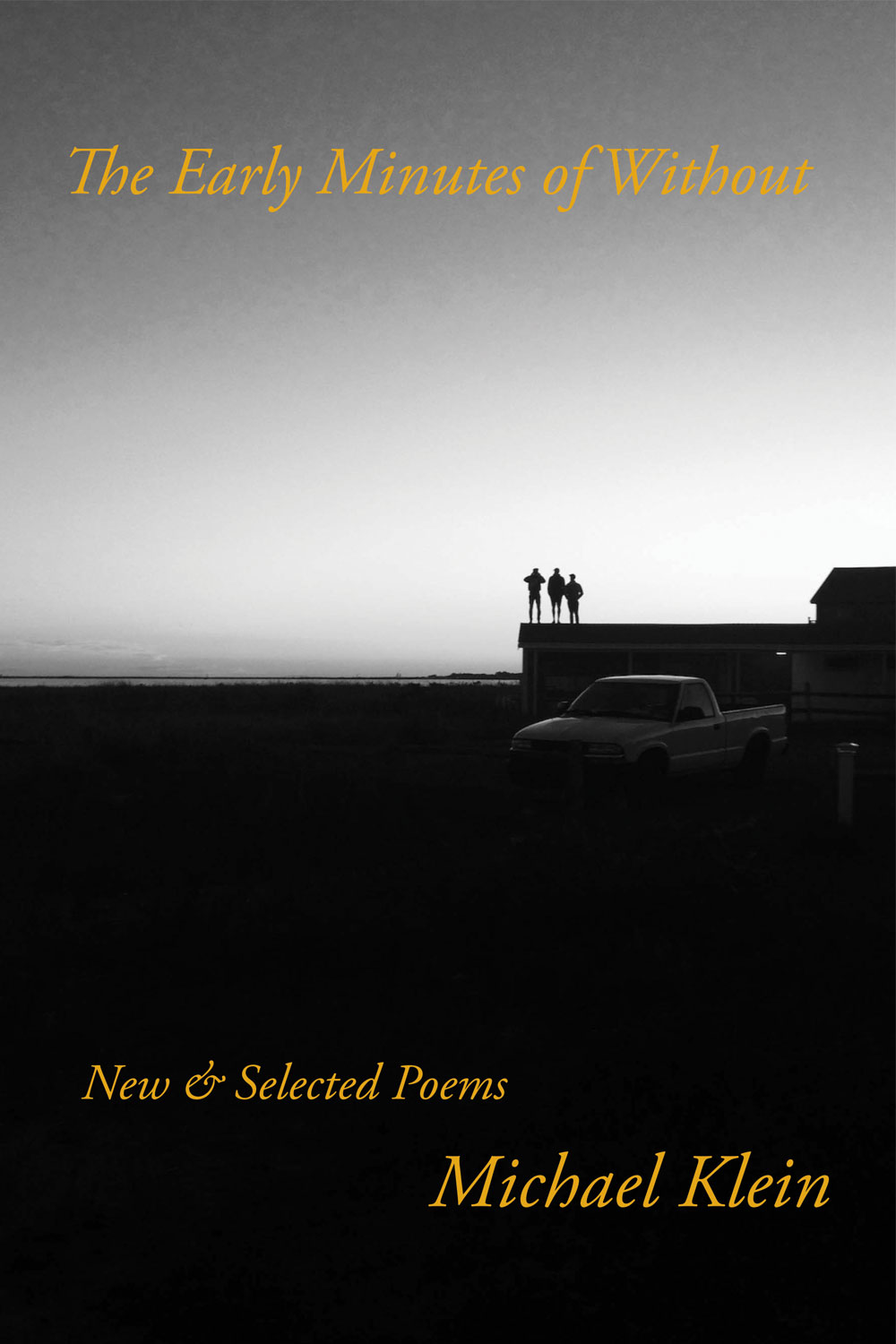
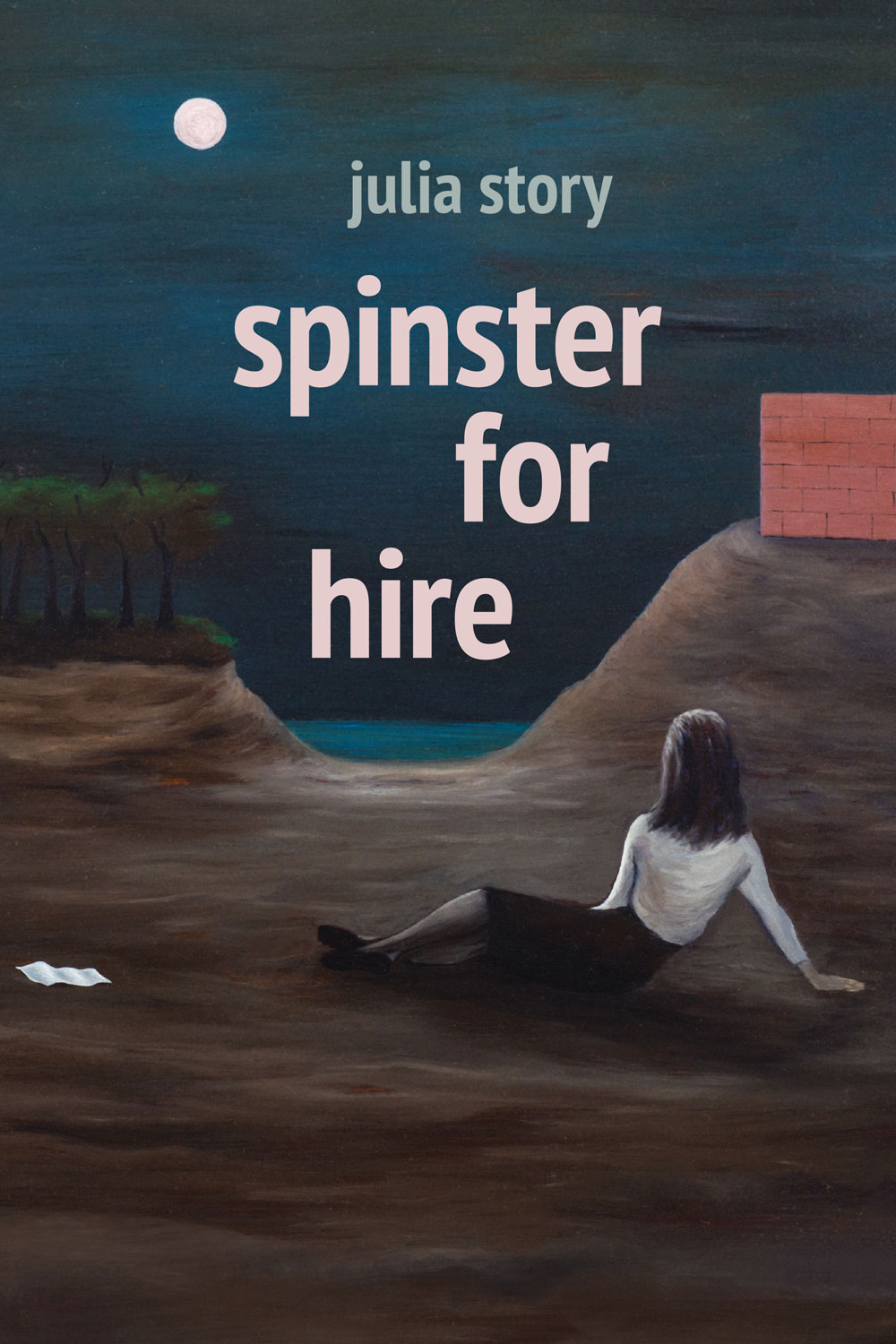
Reviews
There are no reviews yet.